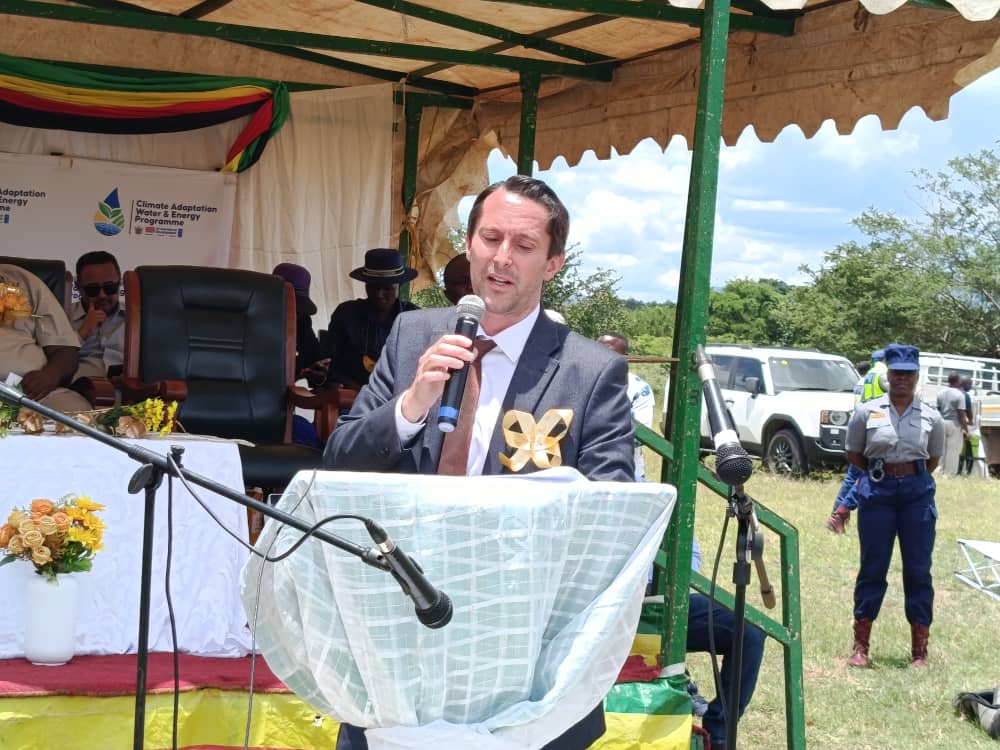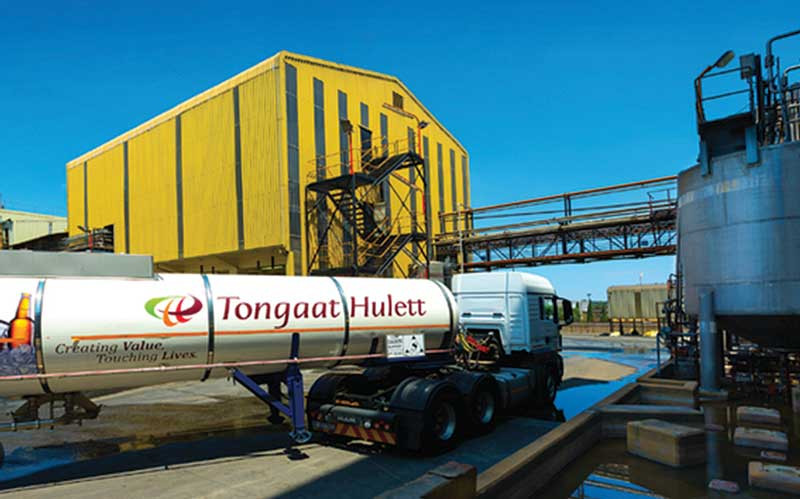Bulawayo, (New Ziana)- Government has achieved 70 percent of its target to deliver one million housing units by 2025, a senior official has said.
Chief Director in the Ministry of Housing and Social Amenities, Kudzai Rimai, said this on Wednesday during an infrastructural development stakeholders’ engagement meeting held in the country’s second-largest city.
Under the National Development Strategy 1 (NDS1), government is driving housing and social amenities development through a strategy that includes land acquisition for housing, promoting public-private partnerships, securing housing finance, and implementing modern, sustainable designs.
Other key initiatives also involve regularising informal settlements, developing social amenities such as water and sanitation infrastructure, and leveraging technology and new financing models to address the housing backlog and improve living standards.
“I am sure you are aware that we are one of the 14 key pillars under NDS1. As the housing delivery thematic working group, our target for NDS1 was to achieve 220,000 housing units by 2025.
“This target was reviewed to one million housing units by the end of this year, following significant progress made halfway through NDS1. I can say that, as of now, we are about 70 percent towards achieving the one million housing units target by 2025,” Rimai said.
She attributed the success to collaborative efforts between government and the private sector.
“It’s a collaborative effort by government and the private sector. There has been quite significant progress,” she added.
Rimai also highlighted the impact of the Zimbabwe National Human Settlements Policy (ZNHSP), which she said had led to a reduction in the growth of informal settlements.
Launched in 2021, ZNHSP seeks to address housing challenges and promote sustainable settlements through comprehensive strategies.
The policy focuses on provision of adequate housing, social amenities, and infrastructure in both urban and rural areas by improving land access, spatial planning, and developing innovative financing models.
“It is very key in that it gives policy direction that no human settlement or housing development should take place before land servicing. Pre-servicing of land is mandatory, and local authorities, land developers, and all players in the housing delivery sector must observe this before occupation.
“This has helped reduce the growth of informal settlements. Most of the current projects now have proper servicing in terms of roads, sewer, and water,” Rimai said.
She added that the Ministry continues to work towards creating an enabling environment for players in the housing sector by identifying and addressing bottlenecks.
“Our role as a Ministry is to create an enabling environment for other players in the housing delivery sector. One of the key issues has been identifying bottlenecks in housing delivery.
“We have been putting efforts to address these through the needs identified by stakeholders — be it financiers or land developers.
“For instance, we are reviewing certain clauses in the Act that currently allow investors up to 25 years before they can revise rentals on new housing projects. The aim is to attract more investors into rental housing and housing delivery in general,” she said.
Rimai also said the Ministry has been supporting housing sector players in accessing funding locally and through international organisations such as the Shelter Afrique Bank.
“We are also assisting by providing support letters for prescribed asset status, which are key instruments to attract favourable funding that can then be invested in housing delivery,” she added.
New Ziana











